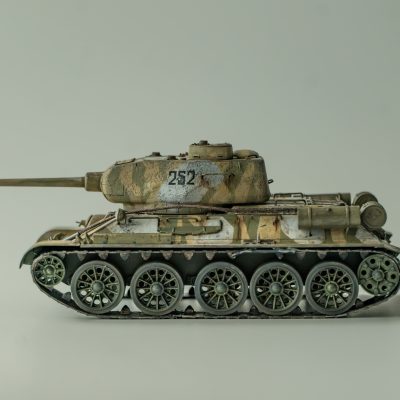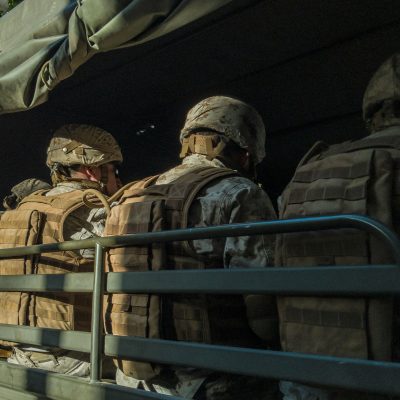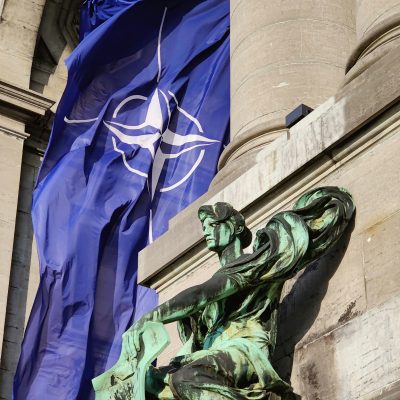Les Européens pourront-ils se mettre d’accord sur le recours à la force militaire ?
Jan Techau, Directeur, Carnegie Europe —
Europeans are not per se unwilling to use force to achieve political goals. They only seem to be unwilling to do so in the framework of the EU. The perceived absence of a shared threat, the differences in strategic culture, the institutional weaknesses, the lack of resources, the lack of ambition and trust, and the fact that, with NATO, a better alternative is at hand for the management of Europe’s hard power concerns, make it unlikely that the EU will become a relevant military operator any time soon. The structural, political impediments to more cohesive defense cooperation go so deep that economic pressure alone will not be enough of an incentive to unite their military activities within CSDP. But if member states want EU foreign policy to become more relevant, they can’t forever dismiss hard power as a tool for the EU. A serious conversation is needed at the highest level about shared threats, interests, goals and means.

Ce Policy Paper est une contribution de Jan Techau (Carnegie Europe) au projet Think Global – Act European (TGAE). Thinking Strategically about the EU’s external action dirigé par Notre Europe – Institut Jacques Delors (rapport disponible en mars 2013, dir. Elvire Fabry, Chercheur Senior, Notre Europe – Institut Jacques Delors).
Europeans are not per se unwilling to use force to achieve political goals. They only seem to be unwilling to do so in the framework of the EU. The perceived absence of a shared threat, the differences in strategic culture, the institutional weaknesses, the lack of resources, the lack of ambition and trust, and the fact that, with NATO, a better alternative is at hand for the management of Europe’s hard power concerns, make it unlikely that the EU will become a relevant military operator any time soon. The structural, political impediments to more cohesive defense cooperation go so deep that economic pressure alone will not be enough of an incentive to unite their military activities within CSDP. But if member states want EU foreign policy to become more relevant, they can’t forever dismiss hard power as a tool for the EU. A serious conversation is needed at the highest level about shared threats, interests, goals and means.
Avant la publication du rapport final présentant les recommandations clés des16 think tanks mobilisés dans ce projet, 5 séries de Policy Papers portent sur les sujets suivants : PSDC, Voisinage de l’UE, Ressources stratégiques, Migrations et Politiques économiques.
Ce Policy Paper fait partie de la série intitulée « Comment les Européens peuvent-ils rester crédibles avec des capacités de défense réduites ? », qui comprend les contributions de Nick Witney (ECFR, London), Jean-Pierre Darnis (IAI, Rome), Ronja Kempin (SWP, Berlin) et Daniel Keohane (Fride, Bruxelles).
Voir les autres contributions de la série de défense >>
Ce projet est mené avec le soutien du  </div />
</div />




